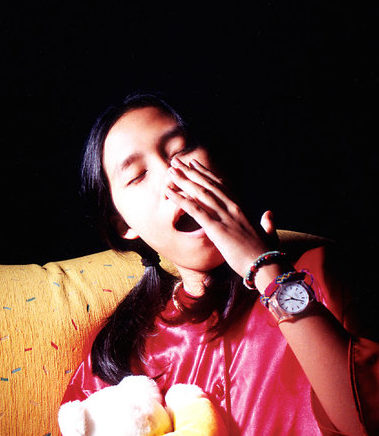The phrase, “I can’t sleep” is one of the most common things I hear patients say during an initial consultation. In fact, poor sleep is one of the top reasons people seek medical advice. For anyone who has or is experiencing lack of sleep it is obvious the many ramifications. However, for those who have never struggled to sleep well there is often a lack of appreciation for the impact poor sleep can have on a person’s life. In this week’s column, I will focus on the most important things you can do to help you fall asleep. In next week’s column, we will examine the treatments to consider for getting to sleep better.
Go to bed when you are tired
Many people who have difficulty getting to sleep struggle with feeling ready for bed too early and not sleepy enough by the time they actually want to go to bed. This is usually a sign of increased stress hormone production as bedtime approaches. One successful strategy for getting to sleep better is to go to bed when your body is telling you to go to sleep. This may seem too early and you may be concerned about waking too early but this simple maneuver can sometimes help tremendously. Often, my patients find that they are able to get better quality sleep and wake more refreshed by going to bed really early if their body is telling them to do so. The strategy usually involves delaying bedtime slightly each night as the bedtime gets closer to your ideal bedtime.
Avoid stimulation 2 hours before going to bed
Most of us get to sleep easier when we follow some kind of routine that involves us winding down in the 1-2 hours before bed. This may involve bathing, reading, listening to music, meditation, or other forms of relaxation. On the flip side, many people have difficulty getting to sleep in part due to increased activity in the 1-2 hours before they want to fall asleep. This point goes hand in hand with the first point of going to bed when you are tired. If your body is ready for bed at 8:30 but you push through it in order to clean the house, do paper work, or watch a stressful drama on TV the result will be increased stress hormone production and a delay in your natural circadian rhythm.
Manage your blood sugar throughout the day
If you avoid breakfast, skip meals, or eat too much sugar your body will take a ride on the blood sugar roller coaster. When your blood sugar is unstable during the day, your sleep is very likely to be unstable at night. In particular, blood sugar instability can make getting to sleep very difficult. Think about what you do when you don’t eat properly through the day. Usually, you eat more at night, which may include eating later, too close to bedtime. When we eat there is a complex hormonal cascade that follows, which includes fluctuations in stress hormone production. If you eat too late you will make more stress hormones and delay the release of melatonin and other hormones and neurotransmitters that help you get to sleep. The result is similar if you eat poorly all day and don’t eat a late night meal or snack. You will still make more stress hormones because these hormones help increase your blood sugar, which has dropped due to poor eating during the day.
Conclusion
Three of the most important things you can do in order to get to sleep better include going to sleep when your body tells you to, avoiding stimulation 1-2 hours before bedtime, and managing your blood sugar better throughout the day. In next week’s column we will look at some treatments that often help break the cycle of difficulty getting to sleep.







